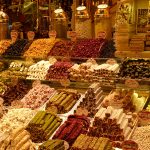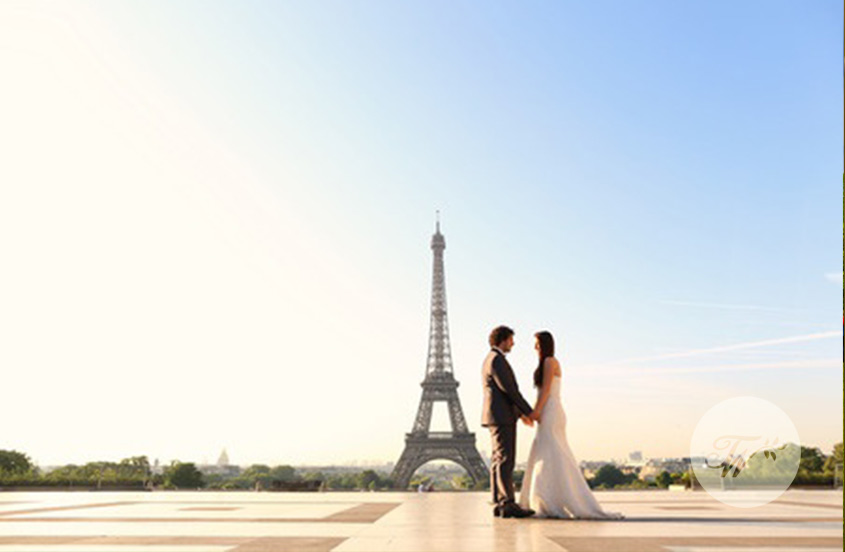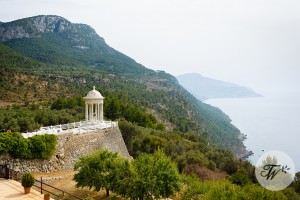In France, only civil weddings are legally recognized (due to the concept of laïcité), they are performed in the town hall by the mayor (or a deputy mayor or another councillor acting on his/her behalf). At least one of the spouses must reside in the town where the ceremony takes place. For people choosing to also have a religious wedding, the religious ceremony can only take place after the civil one, often in the same day. Town halls often offer a more elaborate ceremony for couples who do not wish to marry religiously.
If the two ceremonies take place separately, the civil one will usually include close family and witnesses. Once the civil ceremony is complete, the couple will receive a livret de famille, a booklet where a copy of the marriage certificate is recorded. This is an official document and, should the couple have children, each child’s birth certificate will be recorded in the livret de famille too. The civil ceremony in France is free of charge.
In smaller French towns, the groom may meet his fiancée at her home on the day of the wedding and escort her to the chapel where the ceremony is being held. As the couple proceeds to the chapel, children will stretch long white ribbons across the road which the bride will cut as she passes.
At the chapel, the bride and groom are seated on two red velvet chairs underneath a silk canopy called a carre. Laurel leaves may be scattered across their paths when they exit the chapel. Sometimes small coins are also tossed for the children to gather.
At the reception, the couple customarily uses a toasting cup called a Coupe de Mariage. The origin of giving this toast began in France, when a small piece of toast was literally dropped into the couple’s wine to ensure a healthy life. The couple would lift their glass to “a toast”, as is common in Western culture today.
In south west France it is customary to serve spit roast wild boar (or sanglier in French) as the wedding breakfast, a local delicacy.
Some couples choose to serve a croquembouche instead of a wedding cake. This dessert is a pyramid of crème-filled pastry puffs, drizzled with a caramel glaze.
At a more boisterous wedding, tradition involves continuing the celebration until very late at night. After the reception, those invited to the wedding will gather outside the newlyweds’ window and bang pots and pans; this is called a shivaree. They are then invited into the house for some more drinks in the couple’s honor, after which the couple is finally allowed to be alone for their first night together as husband and wife. This practice spread throughout France as a way to celebrate special occasions. Decorative replicas of these special sabres can be purchased from artisans in Lyon, (the French capital of cutlery).
Source: Wikipedia.





















